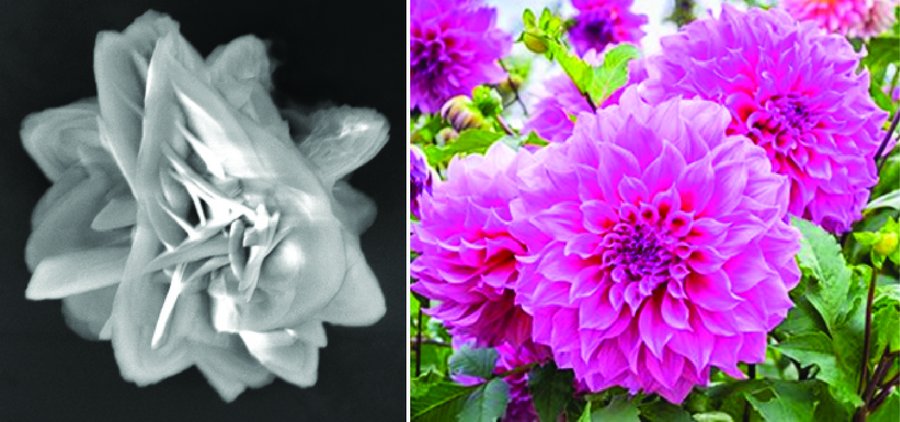Oskar Franch: DNA based nanotools for effective diagnosis and targeted treatment of diseases
PhD defence, Tuesday 18 December 2018, Oskar Franch


Our DNA is organized in two DNA strands combined by a stringent base-pair system, which forms long tread-like structures. Besides organizing our DNA, this base-pair system can also be used to design novel DNA nanotools.
During his PhD studies, Oskar Franch has used DNA to design nanosensors and other advanced DNA structures. DNA nanosensors can be used to measure activity from the enzymes in our cells. By measuring activity from specific enzymes, which are not present in healthy cells, Oskar Franch has contributed to the development of three DNA nanotools for diagnosis of HIV, tuberculosis and malaria, respectively. Furthermore, a DNA nanosensor was developed to measure the activity of an enzyme, which is targeted in cancer treatment. Hence, DNA nanosensors can possibly be used as an element in personalized treatment of cancer, in addition to diagnosis of HIV, tuberculosis and malaria.
Besides developing DNA nanosensors, Oskar Franch has been centrally involved in the development and study of two advanced DNA structures, which resembles a nanocage and a nanoflower, respectively. These structures may be used in targeted treatment of an array of diseases, where the cage and the flower can be used to target only the cells that are causing the disease. This type of targeted treatment has the potential for improving the treatment of the diseases by lessening the side-effects from the drugs, shorting the treatment time and even circumvent development of resistance to the utilized drug.
The PhD degree was completed as a collaboration between Department of Molecular Biology and Genetics and the Interdisciplinary Nanoscience Center (iNANO), Faculty of Science and Technology, Aarhus University.
Time: Tuesday, 18 December 2018 at 13:00
Place: Building 1532, room 116, Auditorium G1, Department of Mathematics, Aarhus University, Ny Munkegade 118, 8000 Aarhus C
Title of the PhD thesis: Detection of Enzymatic Activity and Drug Delivery using DNA
Contact info: Oskar Franch, e-mail: of@mbg.au.dk, tlf.: +45 51532904
Members of the assessment committee:
Professor Rafael Balana Fouce, Department of Biomedical Sciences, University of León, Spain
Associate Professor Martin Dufva, Department of Micro- and Nanotechnology, Technical University of Denmark
Senior Researcher Jan Trige Rasmussen, Department of Molecular Biology and Genetics, Aarhus University (chair)
Main Supervisor:
Associate professor Birgitta R. Knudsen, Department of Molecular Biology and Genetics, Aarhus University
Language: The Ph.D. thesis will be defended in English.
The defence is public.
The dissertation is available for reading at the Graduate School of Science and Technology/GSST, Ny Munkegade 120, building 1520 and 1521, 8000 Aarhus C.
